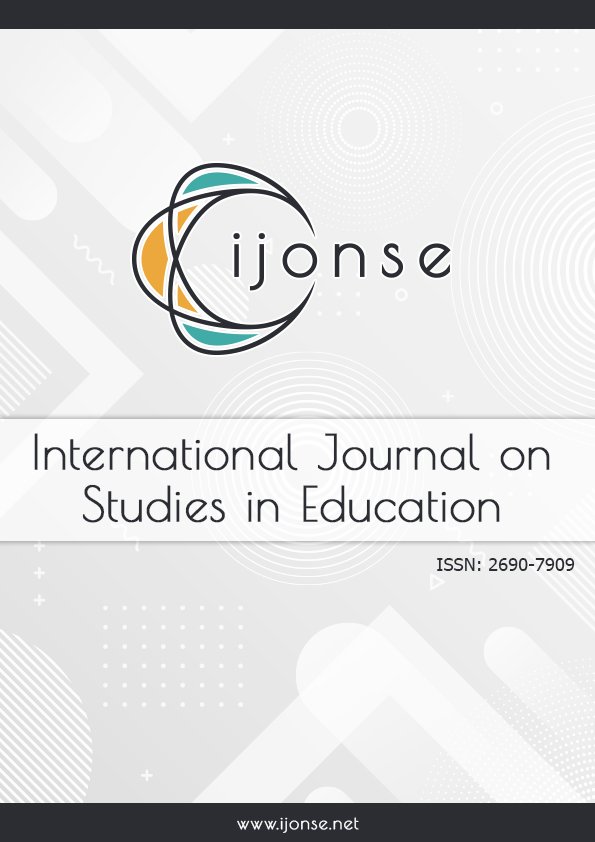A Blueprint for Teacher Design Teams to Create Professional Development Interventions
DOI:
https://doi.org/10.46328/ijonse.72Keywords:
Teacher design teams, School innovation, Secondary education, Professional developmentAbstract
An effective way to stimulate teachers’ engagement and involvement in educational innovations is by employing teacher design teams (TDTs, Vangrieken et al, 2013). The design activities that TDTs engage in should be chosen carefully, and a facilitator should be available to support the TDTs (Becuwe et al, 2016). So far, little attention has been paid in the literature to the nature and role of such design activities (Vangrieken et al, 2013; Brouwer et al, 2012). Therefore, the goal of this paper is to provide guidelines for the design activities of TDTs aimed at teachers’ professional development. A series of design activities to support TDTs in five secondary schools in the Netherlands was constructed and evaluated through audio recordings of each session, logbooks, and interviews about teachers' perceptions of the design process and activities. In this article, we present and discuss the resulting blueprint for TDT activities aimed at teachers’ professional development.References
Post, L. S., van Leeuwen, A., Lockhorst, D., Admiraal, W., & Kester, L. (2022). A blueprint for teacher design teams to create professional development interventions. International Journal on Studies in Education (IJonSE), 4(2), 88-106. https://doi.org/10.46328/ijonse.72
Downloads
Published
Issue
Section
License
Articles may be used for research, teaching, and private study purposes. Authors alone are responsible for the contents of their articles. The journal owns the copyright of the articles. The publisher shall not be liable for any loss, actions, claims, proceedings, demand, or costs or damages whatsoever or howsoever caused arising directly or indirectly in connection with or arising out of the use of the research material.
The author(s) of a manuscript agree that if the manuscript is accepted for publication in the International Journal on Studies in Education (IJonSE), the published article will be copyrighted using a Creative Commons “Attribution 4.0 International” license. This license allows others to freely copy, distribute, and display the copyrighted work, and derivative works based upon it, under certain specified conditions.
Authors are responsible for obtaining written permission to include any images or artwork for which they do not hold copyright in their articles, or to adapt any such images or artwork for inclusion in their articles. The copyright holder must be made explicitly aware that the image(s) or artwork will be made freely available online as part of the article under a Creative Commons “Attribution 4.0 International” license.

This work is licensed under a Creative Commons Attribution-NonCommercial-ShareAlike 4.0 International License.





